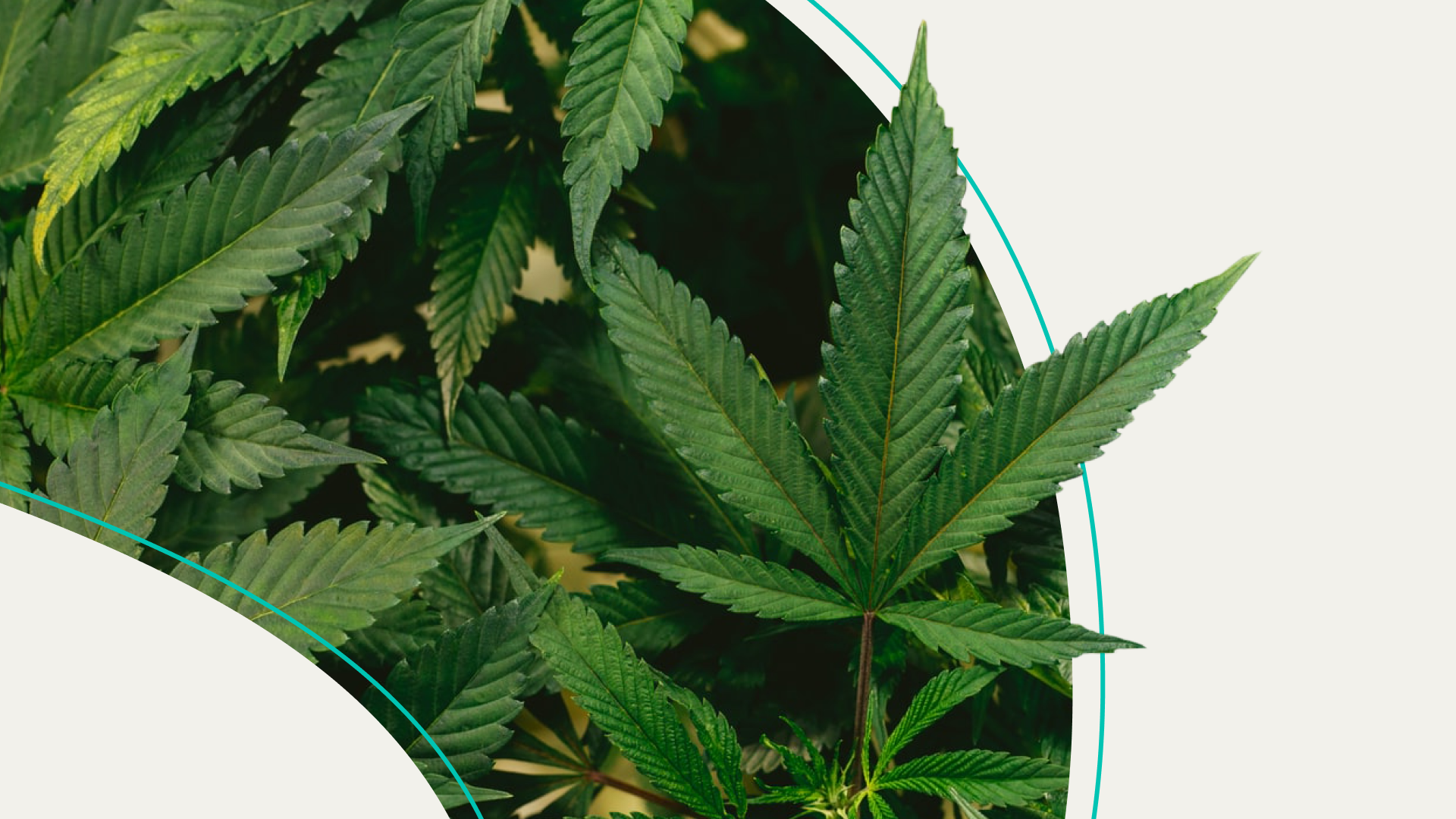The Story
A November 2020 Gallup poll says 68% of Americans support legalizing marijuana, the highest level since the survey started asking in 1969. And last week, Senate Majority Leader Chuck Schumer proposed legislation to decriminalize it nationwide. Whether US lawmakers can unite on a broad legalization package remains hazy, but one thing is clear: it has a big impact on the economy.
Isn't it already legal in some places?
Yes. But exact rules vary by state. Think of it as a legalization spectrum. There's...
Decriminalization: That means – in the 27 states and the District of Columbia where marijuana has been decriminalized – possession of a small amount is now considered a minor offense. Read: you won't go to jail. But you could still face some fines or penalties.
Medical legalization: Doctors can recommend medical marijuana to treat certain conditions like inflammatory bowel disease or PTSD. Then you’d be eligible for a medical card that lets you buy marijuana from a dispensary. Currently, medical marijuana use is legal in 37 states and DC.
Recreational legalization: This means zero gov-enforced penalties for using or possessing a certain amount of marijuana. In some cases, it also means you’re allowed to grow and sell it. In the November 2020 election, four states voted to legalize recreational marijuana – bringing the pro-green total to 18 states and DC.
And what does this have to do with money?
It can help with...
Funding gov programs. In 2020, Washington (one of the first states to legalize recreational use) collected over $600 million in marijuana tax revenue. That extra money helps bolster state-funded social equity programs for education, research, healthcare, and more. States can also save money by not enforcing anti-marijuana laws, which reportedly cost the gov about $3.6 billion a year.
Job creation. Legalizing an entire industry can add jobs. Think: lab technicians, marketing pros, and sales execs. One report showed that Massachusetts added more than 10,000 jobs in its first year after legalizing recreational marijuana. And experts say job growth is key for a post-pandemic economic recovery.
More investment options. Investors hoping to get in on the rapidly growing industry have limited options today. But getting the *green* light from the gov could lead to more marijuana companies going legit...and going public.
Expanded health coverage. Making marijuana more legally accessible could prompt insurance companies to cover it and help reduce costs for those who rely on it to treat a medical condition. On average, a medical marijuana card can cost up to $200 per year, though it varies by state. And a monthly supply of marijuana can cost hundreds of dollars. Right now, that's all out of pocket.
Closing the racial wealth gap. America's “War on Drugs” (with its gov-funded anti-drug campaigns) made incarceration rates skyrocket over the past few decades, particularly within the BIPOC community. A Black person is almost four times more likely than a white person to be arrested for marijuana possession nationwide, according to the ACLU. That's despite studies showing that Americans use marijuana at roughly the same rate regardless of race. These convictions can get in the way of securing and maintaining employment and housing – aka ways to build wealth.
What's the argument against legalizing?
Lawmakers against legalization say it's mostly because of health and safety uncertainties. The CDC says negative short- and long-term effects on brain development (read: causing problems with memory, attention, and learning) are a possibility, especially for chronic teenage users. Some are concerned about a potential increase in driving under the influence. Others have coined it as a gateway drug that could become addictive or lead to the use of heavier substances.
theSkimm
Whether marijuana will be legalized at the federal level isn't a new debate. And it's still up in smoke the air. Understanding how it could impact the economy – and maybe even your bottom line – can help you decide where you stand on the issue.
Subscribe to Skimm Money
Your source for the biggest financial headlines and trends, and how they affect your wallet.
